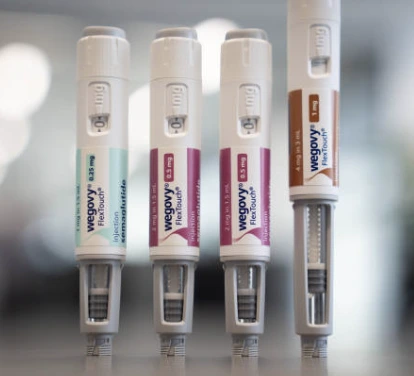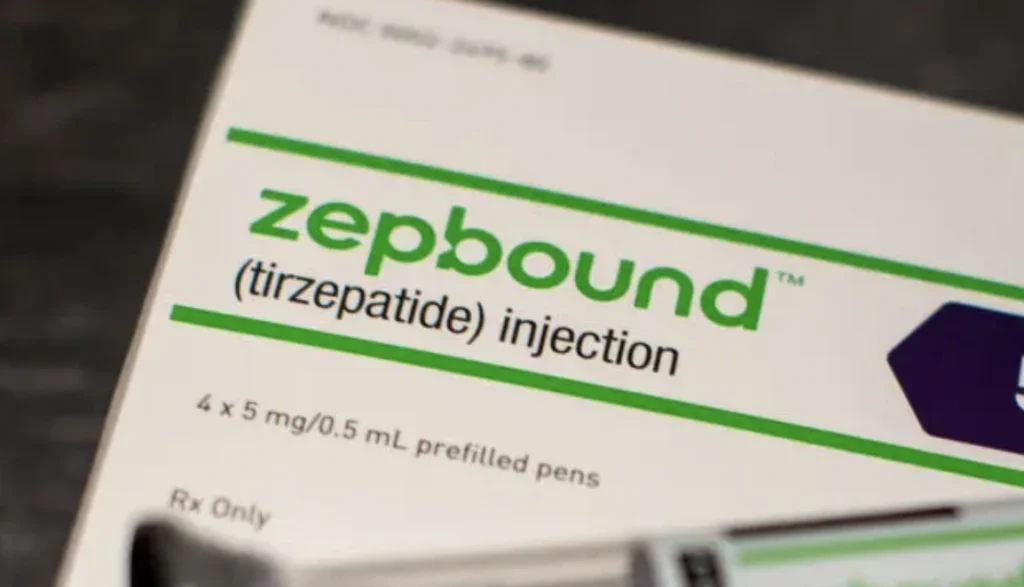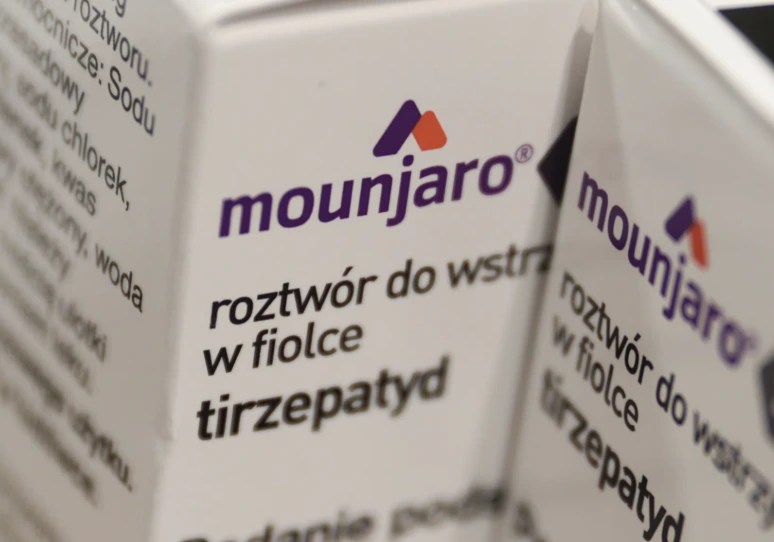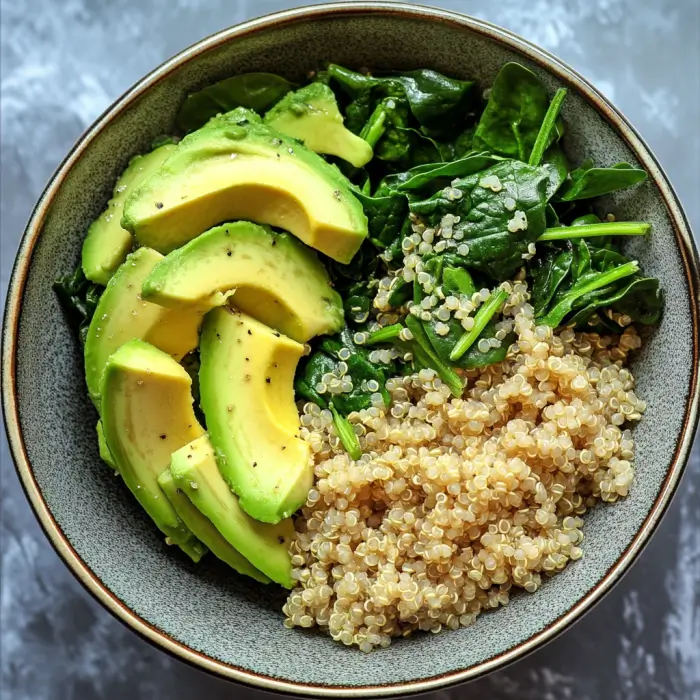
Is Microdosing GLP-1 Good for Weight Loss?
The use of GLP-1 receptor agonists, such as semaglutide and liraglutide, has gained widespread attention for their effectiveness in promoting weight loss. While these medications are typically prescribed in standard therapeutic doses, a growing trend involves microdosing—using smaller-than-recommended doses—as an alternative approach. But is microdosing GLP-1 effective and safe for weight loss? Let’s explore the science, benefits, and potential risks of this method.
What is GLP-1 and How Does it Work?
GLP-1 (glucagon-like peptide-1) is a hormone that plays a key role in regulating appetite and glucose metabolism. GLP-1 receptor agonists mimic this hormone, leading to:
- Reduced appetite and food intake.
- Slowed gastric emptying, which promotes a feeling of fullness.
- Improved blood sugar control.
These effects make GLP-1 medications an effective option for managing obesity and type 2 diabetes.
What is Microdosing GLP-1?
Microdosing involves taking smaller doses of GLP-1 agonists than those typically prescribed for weight loss or diabetes management. Advocates of microdosing claim that it offers the following potential benefits:
- Reduced risk of side effects, such as nausea and gastrointestinal discomfort.
- Gradual introduction of the medication, which may be easier for some individuals to tolerate.
- Lower cost due to using less medication.
Does Microdosing Work for Weight Loss?
While there is limited clinical evidence specifically examining microdosing GLP-1 for weight loss, some insights can be drawn from existing studies and anecdotal reports:
- Weight Loss Efficacy: Standard doses of GLP-1 medications have been shown to result in significant weight loss. However, reducing the dose may also decrease the effectiveness of the medication, as the appetite-suppressing and metabolic effects are dose-dependent.
- Gradual Weight Loss: Microdosing may lead to slower and less pronounced weight loss compared to standard dosing.
Potential Risks of Microdosing GLP-1
Microdosing GLP-1 is not without potential drawbacks and risks:
- Reduced Efficacy: Subtherapeutic doses may not provide the full benefits of the medication, potentially leading to frustration and discontinuation.
- Lack of Clinical Guidance: Since microdosing is not a standard practice, it may not be supported by clinical guidelines or healthcare providers.
- Unregulated Use: Without proper medical supervision, individuals may misuse or overuse the medication, leading to unintended consequences.
Who Might Consider Microdosing?
Microdosing GLP-1 might appeal to individuals who:
- Are highly sensitive to the side effects of standard doses.
- Want to test the medication’s tolerability before committing to a full dose.
- Face financial constraints and are looking for a cost-effective way to try the medication.
Best Practices for Microdosing GLP-1
If you’re considering microdosing GLP-1 for weight loss, it is crucial to follow these guidelines:
- Consult a Healthcare Provider: Always seek medical advice before altering your medication dose.
- Start Low and Titrate Up: If side effects are a concern, healthcare providers may recommend starting with a lower dose and gradually increasing it to the therapeutic level.
- Monitor Progress: Track your weight, appetite, and any side effects to evaluate the effectiveness of the microdose.
Conclusion
Microdosing GLP-1 may offer an alternative approach for individuals seeking weight loss, particularly those concerned about side effects or costs. However, it is not a substitute for standard dosing regimens that have been rigorously tested in clinical trials. While some individuals may benefit from microdosing under medical supervision, the practice remains outside established guidelines and may yield variable results. Always consult with a healthcare provider to determine the most effective and safe strategy for your weight loss journey.







































